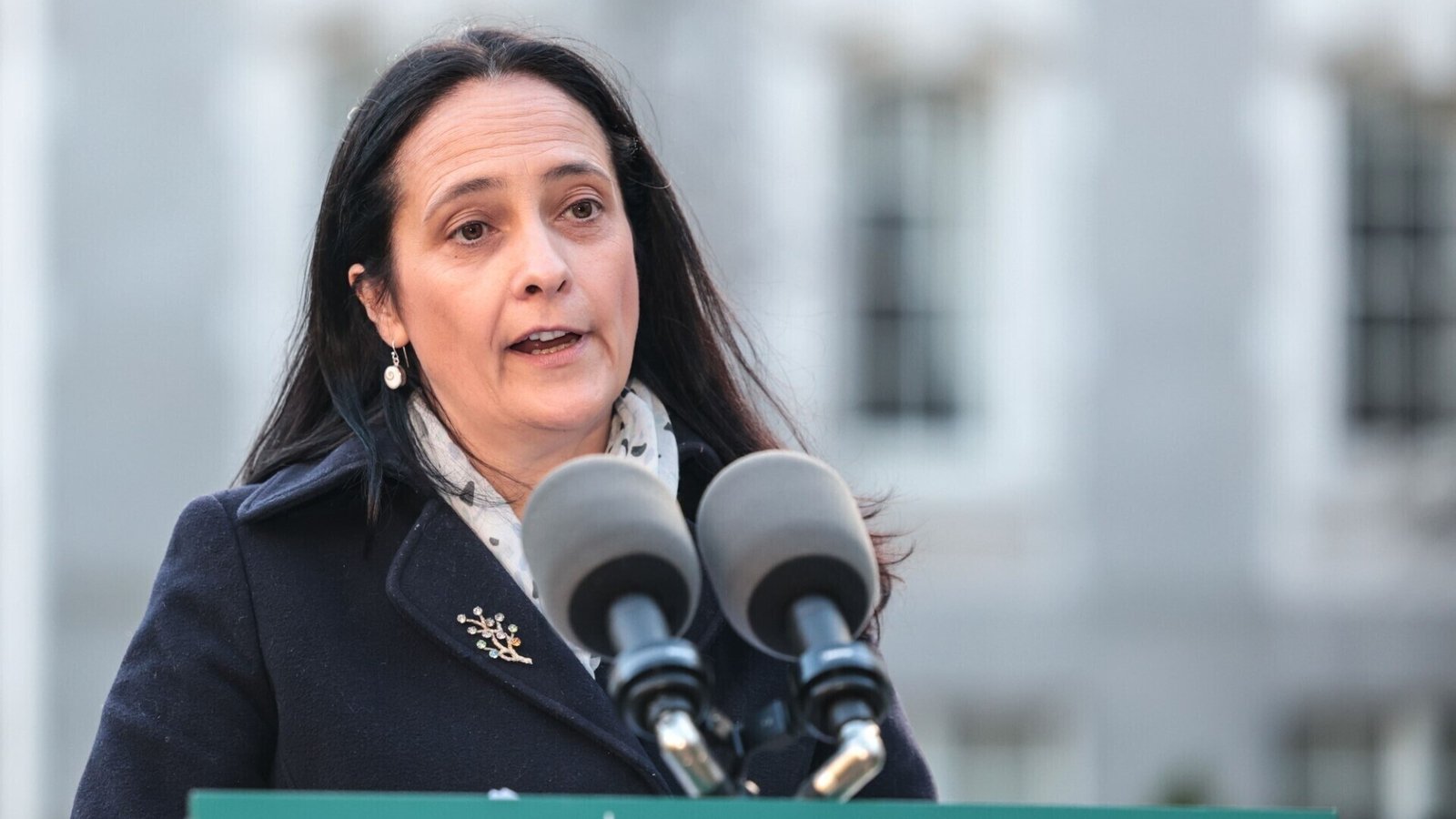Court hears case on recognising role of women in home


The Supreme Court has begun hearing a case which will examine the constitutional provision recognising the role of women in the home for the first time since the defeated referendum on the issue.
The case has been described as being of systemic importance to carer’s in particular.
It concerns the case of a woman who is caring for her adult son who has serious disabilities and whether or not Article 41.2 has any role concerning the State’s obligations when setting the level of a means test for carer’s allowance.
Under that article the State recognises that “woman by her life within the home gives to the State a support without which the common good cannot be achieved”. It provides that the State “shall endeavour to ensure mothers are not obliged by economic necessity to engage in labour to the neglect of their duties within the home”.
A Government proposal to remove the article from the Constitution and replace it with a “care amendment” was defeated in a referendum earlier this year.
The woman at the centre of the case provides round the clock care for her son, who has down syndrome, and has no means of her own. The Supreme Court also heard that her son also has epilepsy, autism spectrum disorder and suffers from hyperactivity. He also has behavioural issues including severe headbanging and requires a head brace. His sleep was described as chronically poor and he is on significant medication.
Mr Derek Shortall, SC, representing the mother and son, argued that the payment of €85, under the carer’s allowance, has an “adverse effect” on the mother.
The Supreme Court was told that she is a full time carer, with no means of her own. She cannot seek employment due to commitments to her son. The Supreme Court heard that her life is centered around caring for him and this situation will or cannot change, the court was told.
The mother disputes the Department of Social Protection’s decision that she is not entitled to the full rate of the carer’s allowance because the weekly income of her partner, her son’s father, is €850.
Her case was rejected at the High Court but the Supreme Court agreed to hear a direct appeal, bypassing the Court of Appeal, because the issues raised were of public importance.
The High Court dismissed the case after finding the Minister for Social Protection was not obliged to make regulations varying the means test rules on entitlement to carer’s allowance.
The court said that even accepting that the provision of a carer’s allowance vindicates the life of the woman within the home by making it possible to stay at home and care for a child with a disability, Article 41.2 cannot be treated as dictating the level at which the State must pay the allowance.
The Supreme Court, in agreeing to hear the case, said Article 41.2 had not been the subject of extensive consideration by the courts and the constitutional provisions at issue had never been examined in the context of the provision of public funds to parents who needed to care full time for severely disabled children.
The case therefore raised issues of general public importance and “systemic importance” to carer’s and should be decided by the Supreme Court.





